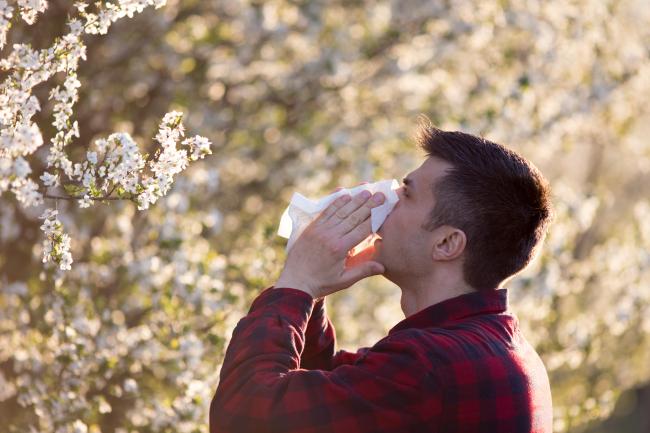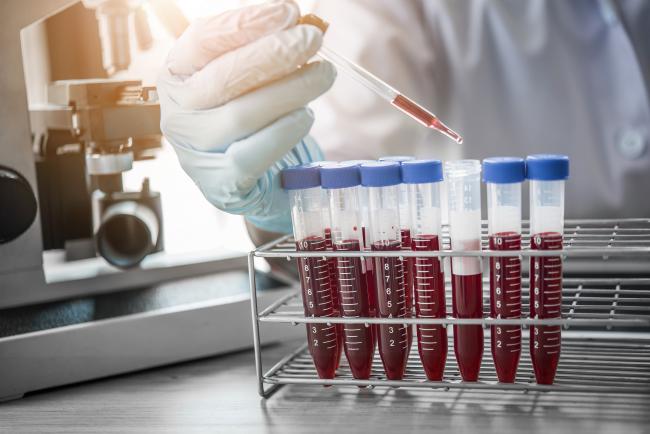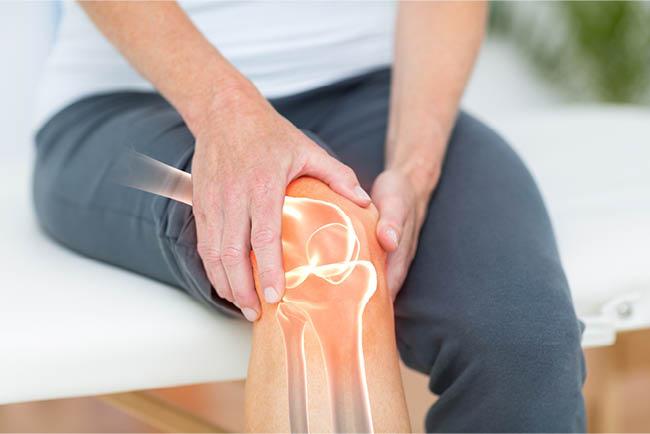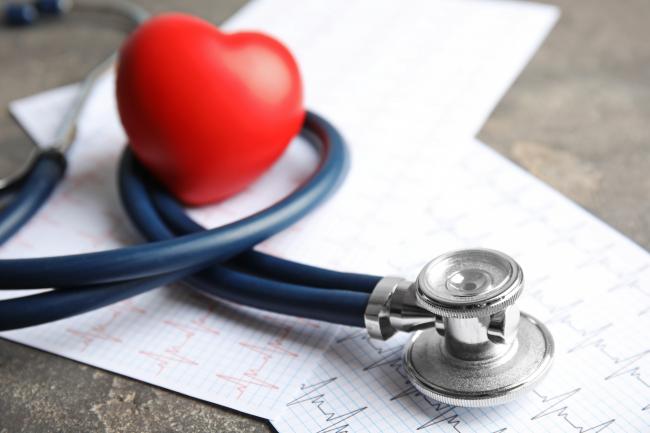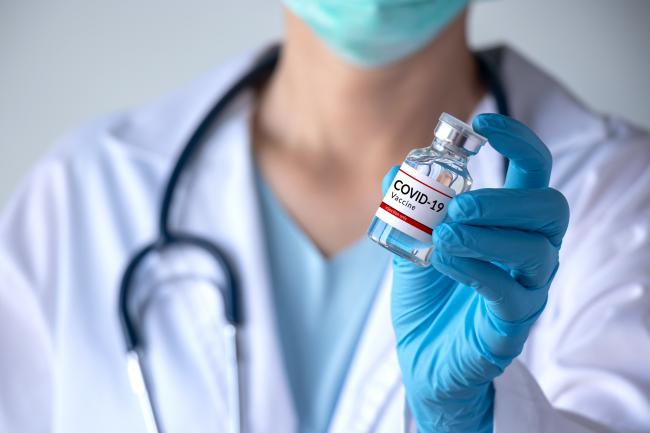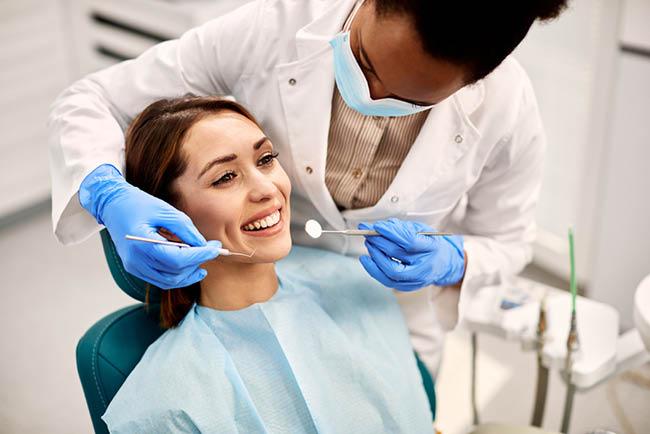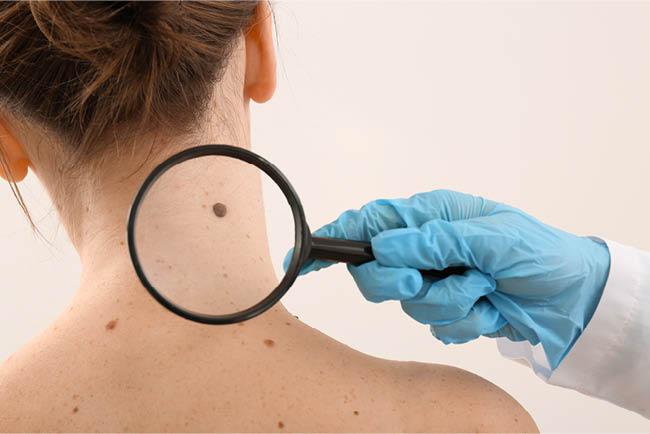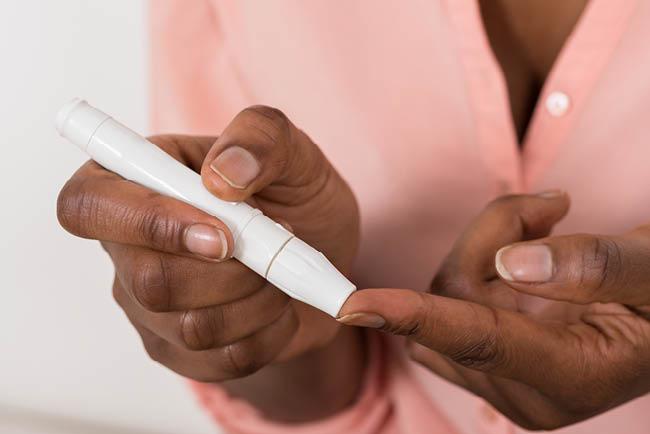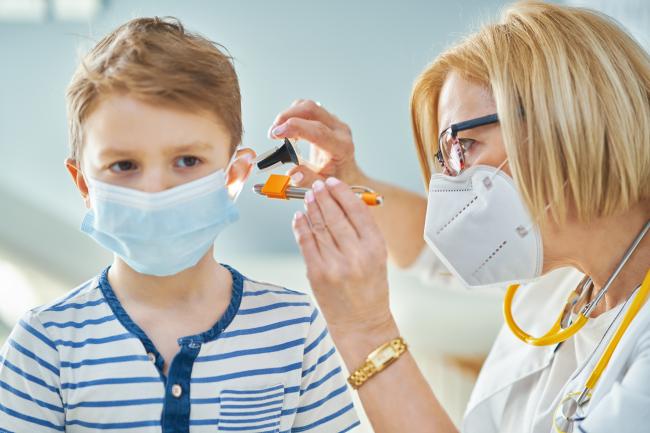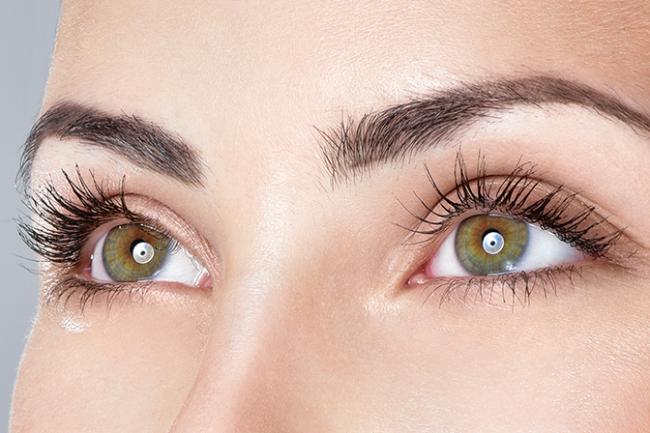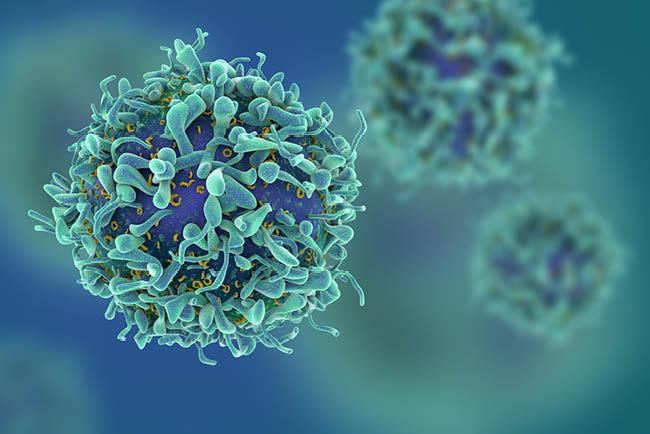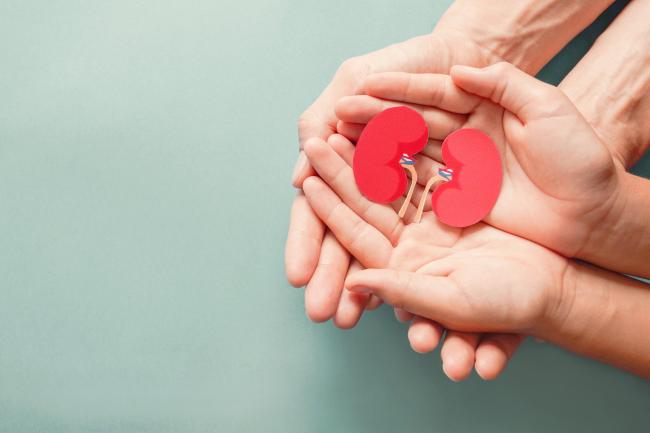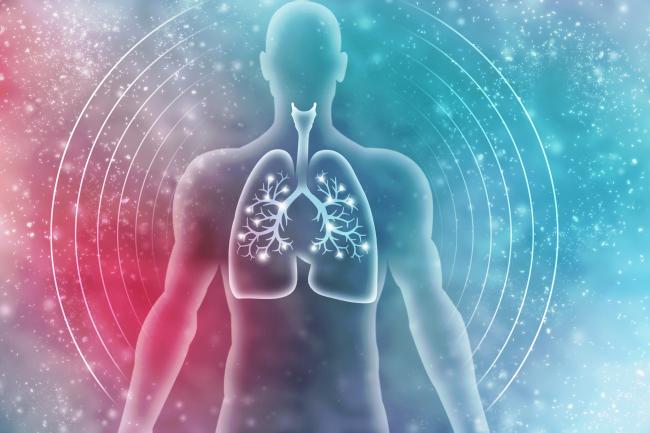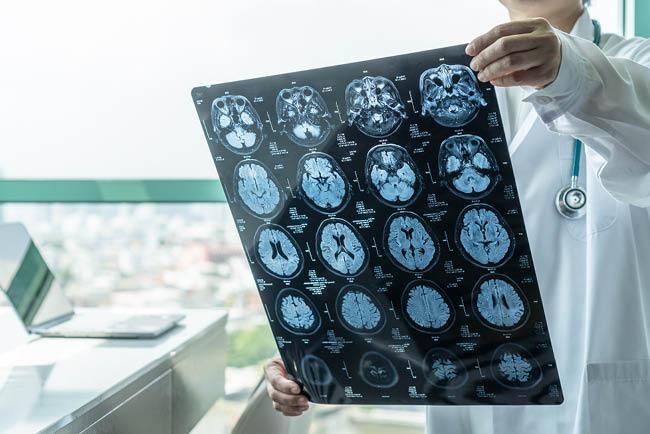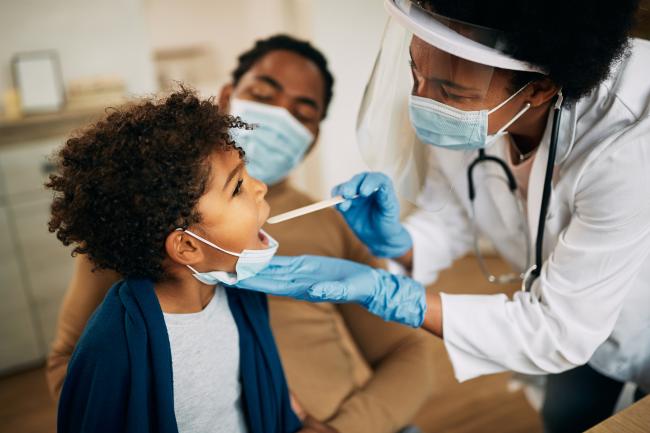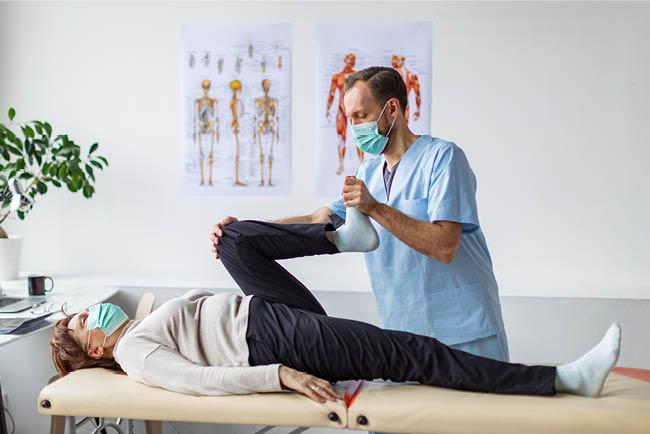Study Categories
-
A Distracted Driving Study for iPhone and Android Phone Users-- Ages 18 - 20
Official Title
Distracted Driving Study--A phone app to reduce cell phone usage among young driversPurpose
This is a study is being done to find out if a phone app reduces calling and texting while driving among young drivers.
Could this study be right for you?
- 18-20 years old
- Use an iPhone or Android smartphone
- Have a full driver’s license that allows unsupervised driving at all times
- Have a car that they are exclusive access to (primary driver, do not share the car)
- Car is insured for liability during crashes
- Driver uses the car more than 2 days a week on average
- Are a US citizenAge Range
18 and up -
A Medication study for Children with Major Depressive Disorder (Ages 7 -17)
Official Title
A Double-blind, Placebo- and Active-controlled Evaluation of the Safety and Efficacy of Levomilnacipran ER in Pediatric Patients 7-17 Years With Major Depressive DisorderPurpose
The purpose of this research study is to evaluate the drug Levomilnacipran extended-release to see how well the drug works, observe the side effects, and how well tolerated it is compared to placebo in pediatric patients with major depressive disorder.
Could this study be right for you?
Your child may be eligible if:
• be between 7 and 17 years of age
• give their assent (a simplified version of this consent form that your child will sign)
• have a diagnosis of Major Depressive Disorder
• meet all of the additional relevant inclusion criteria
• understand the study instructions, and be willing and able to follow these instructionsExclusion Criteria:
• Your child will not be able to take part in the study if she is pregnant, nursing, or planning a pregnancy
• Your child will not be able to take part in this study if he/she takes any illegal substancesAge Range
7 and up -
A Medication Study for Individuals with Alport Syndrome (AS) and Primary Steroid-Resistant Focal Segmental (FSGS)
Official Title
A multicenter, randomized, double-blind, parallel group, placebo-controlled study to assess safety, tolerability, pharmacokinetics and pharmacodynamics of BI 764198 administered orally once daily for 12 weeks in patients with focal segmental glomerulosclerosis.Purpose
The overall objective is to investigate to investigate how safe, how well tolerated, and how effective R3R01 is in treating uncontrolled proteinuria in patients with Alport syndrome and steroid-resistant Focal Segmental Glomerulosclerosis. All eligible participants will be enrolled to receive R3R01 over a treatment period of 12 weeks. The study will consist of 3 periods, including a screening period of 3 weeks, a treatment period of 12 weeks, and a follow up of period of 12 weeks.
Could this study be right for you?
You may be eligible to participate if: • You are aged 18 years or older • Female patients and female partners of male patients willing to not become pregnant for the duration of the study • Have not had an organ transplant and/or on a organ transplant list • Have high protein in urine Alport Syndrome (AS) specific: • Have X-linked AS and autosomal recessive AS • Confirmed diagnosis of AS be genetic testing or kidney biopsy • Do not have another kidney disease FSGS specific: • Not older than 75 years of age • Primary Focal segmental glomerulosclerosis (FSGS) (not caused by other condition) that is confirmed by kidney biopsy or documentation of genetic mutation • Steroid-resistance: previous steroid treatment without remission
Age Range
18 and up -
A Prospective, Multi-center, Randomized Controlled Blinded Trial Demonstrating the Safety and Effectiveness of VNS Therapy® System as Adjunctive Therapy Versus a No Stimulation Control in Subjects With Treatment-Resistant Depression (RECOVER)
Official Title
A Prospective, Multi-center, Randomized Controlled Blinded Trial Demonstrating the Safety and Effectiveness of VNS Therapy® System as Adjunctive Therapy Versus a No Stimulation Control in Subjects With Treatment-Resistant Depression (RECOVER)Purpose
The purpose of this study is to examine whether active VNS Therapy treatment is superior to a no stimulation control in producing a reduction in baseline depressive symptom severity, based on multiple depression scale assessment tools at 12 months from randomization.
The duration of the study will consist over a 5 year period. You will visit the study site approximately 23 times after your implant surgery.
Could this study be right for you?
• Aged 18 years or older
• Must be in a major depressive episode (MDD or bipolar disorder) for ≥ two years or have at least had four episodes of depression including the current episode
• Patients depressive illness meets a minimum criteria of four prior failed treatments of adequate dose and durationAge Range
18 and up -
A Registry for Those with Hypophosphatasia (HPP)
Official Title
AN OBSERVATIONAL, LONGITUDINAL, PROSPECTIVE, LONG-TERM REGISTRY OF PATIENTS WITH HYPOPHOSPHATASIAPurpose
The purpose of this registry is to collect information about Hypophosphatasia (HPP), a rare bone disorder characterized by the abnormal development of bones and teeth. This long-term registry will collect and store patient medical information, and other related information to use in medical research. the registry may help researchers better understand the condition and learn more about patients who have HPP. This data may help other people with HPP in the future.
Could this study be right for you?
- 18 years of age or older
- Been diagnosed with Hypophosphatasia (HPP)- a rare genetic disorder characterized by the abnormal development of bones and teeth.
- Not participating in another Alexion-sponsored clinical trialAge Range
18 and up -
A Study About Brain Activity and Suicide Prevention Strategies
Official Title
Neural Mechanisms and Predictors of an Ultra-Brief Suicide Prevention StrategyPurpose
This research study will look at how patterns of brain activity influence thoughts and behaviors. This research is being done to better explain why people have thoughts about suicide and how different suicide prevention strategies impact brain responses to emotional information.
Could this study be right for you?
Eligibility Criteria includes:
- 18-65 years old
- generally medically and physically healthy
- current suicidal ideation and intent OR no lifetime history of DSM-5 disorder, no lifetime suicidal intent or lifetime suicide attempts
(partial list of inclusion criteria)Exclusion Criteria:
- Diagnosis of bipolar disorder, schizophrenia, mania, or psychosis
- Currently pregnant (positive pregnancy test), or trying to become pregnant (female)
- Presence of ferrous-containing metal in the body
- Inability to tolerate enclosed spaces
(partial list of exclusion criteria)Age Range
18 and up -
A Study about Fitness, Aging, and Stress in People with Traumatic Brain Injury
Official Title
Fitness, Aging, Stress & TBI Exposure Repository (FASTER)Purpose
The purpose this study is to examine how individual differences in health changes (muscle strength, blood pressure) and behavioral changes (sleep, physical activity) impact memory, attention, and the brain. We study these relationships in among a variety of older adults, including those with a history of concussion, traumatic brain injury (TBI), and posttraumatic stress disorder (PTSD). The long-term goal of this project is to identify modifiable factors that exacerbate or protect from age-related cognitive decline.
Could this study be right for you?
Eligibility Criteria: • Aged 18 years and older • Speak English • History of concussion, traumatic brain injury, and/or posttraumatic stress disorder • Must have primary care physician
Age Range
18 and up -
A Study About Recovery After ACL Reconstruction (RARE)
Official Title
Disability after ACL Reconstruction: Development of an Alternative Model of CarePurpose
The anterior cruciate ligament (ACL) in your knee can be injured and treated with an ACL reconstruction surgery. An ACL reconstruction may impact function, muscle strength, the way you move, and knee joint health. However, outcomes at 2 years after ACL reconstructions in young persons are not well-understood. Findings from this study will provide information regarding the clinical, function, muscle strength, and movement patterns after ACL injury and reconstruction to help inform physicians and physical therapists who work with these patients.
Could this study be right for you?
You may be eligible if:
1. You are between the ages of 16-35 years old
2. 2 years (+/- 8 months) status post ACL Reconstruction
3. Regularly participated in physical activity prior to their ACL injuryAge Range
16 and up -
A Study Comparing Upadacitinib to Dupilumab in Adult Subjects with Moderate to Severe Atopic Dermatitis
Official Title
M16-046: A Phase 3b Multicenter, Randomized, Double-Blind, Double-Dummy, Active Controlled Study Comparing the Safety and Efficacy of Upadacitinib to Dupilumab in Adult Subjects with Moderate to Severe Atopic DermatitisPurpose
The purpose of this study is to compare the effectiveness and safety of upadacitinib (ABT-494) versus dupilumab for the treatment of adult subjects (18-75 years of age) with moderate to severe atopic dermatitis (AD) who are candidates for systemic therapy.
Could this study be right for you?
- Subject must have chronic Atopic Dermatitis (AD) with onset at least 3 years prior to study participation - Subject must have > or = 10% body surface area involvement of atopic dermatitis - Subject must have had inadequate response to topical corticosteroids or topical calcineurin inhibitors within the past 6 months - OR documented systemic treatment for AD within the past 6 months - OR for whom topical treatments are otherwise medically inadvisable - No prior exposure to any JAK inhibitor ( eg. ruxolitinib, tofacitinib, baricitinib, upadacitinib, PF-04965842, and filgotinib) - No prior exposure to dupilumab
Age Range
18 and up -
A Study Evaluating Alcohol Use and Anger
Official Title
Aggression and Social-Emotional Information Processing: Neural Correlates During Alcohol Intoxication (Columbus Brain Activity Study or CBA)Purpose
The purpose of this study is to see how alcohol changes brain activity in different groups of study participants who currently drink at least 10 drinks a week and who have (or do not have) “anger issues”. Brain activity will be measured by Magnetic Resonance Imaging (MRI). Total time you will be in the research study will be for about 4-8 weeks from your initial visit.
Could this study be right for you?
- Healthy men and women 21-55 years of age - Drink on a regular basis (~ 10 alcoholic beverages per week) - With a current history of "anger issues" - Able to complete study sessions during the week
Age Range
21 and up -
A Study Evaluating Cognition, Insulin Resistance and Omega-3s (RACIR O-3) in Breast Cancer Survivors
Official Title
Remote assessment of cognition, insulin resistance and omega-3s (RACIR O-3) in breast cancer survivorsPurpose
We are studying the relationships between cognitive function, insulin resistance, and omega-3 fatty acids in the blood and from the diet among breast cancer survivors and women without a history of cancer diagnoses. We hope to learn more about how to potentially protect breast cancer patients from uncomfortable mental changes during and after treatment for breast cancer, such as “chemo brain”.
This is a completely remote study, meaning all study tasks can be completed from the comfort of home. Enrolled participants will complete several online surveys and questionnaires, a Zoom video call for additional assessments, and will be sent materials to complete finger-stick blood sample collections from the comfort of home over a period of 3-4 weeks.
The information we gain from this research study will help us design a future clinical trial to test if dietary interventions can help reduce or prevent cognitive changes like chemo brain in breast cancer patients.
Could this study be right for you?
- Accepts healthy volunteers - YES
- Females
- Age 45-75 years
- Post-menopausal (at least 12 months no menses)
- Stage I-III Breast Cancer diagnosis
- 1-4 years post initial breast cancer diagnosis
- No diagnosis of diabetes
- English speakingAge Range
45 and up -
A Study Evaluating Occupational Therapy Interventions for Children with Autism Spectrum Disorders
Official Title
Characterizing Occupational Therapy Intervention for Children with Autism Spectrum DisordersPurpose
We are actively recruiting typically developing children (ages 6 – 13 years) to participate in a new study looking at attention and sensory processing. In this study, we are investigating what occupational therapy practitioners are doing during therapy for children with autism and to see the effect of occupational therapy on brainwaves and behavior. We will identify differences in brainwaves in children with and without autism. You and your child will be asked to schedule one visit to the EEG lab at Ohio State University. Your visit will last about 2.5 hours and include an hour of EEG testing and one hour of paper-pencil game-like activities measuring attention. We need parent consent, and the parent/guardian will complete assessments about their child as well.
Could this study be right for you?
- Children with no autism or any other medical diagnosis - Your child is between 6 - 13 years of age
Age Range
6 and up


